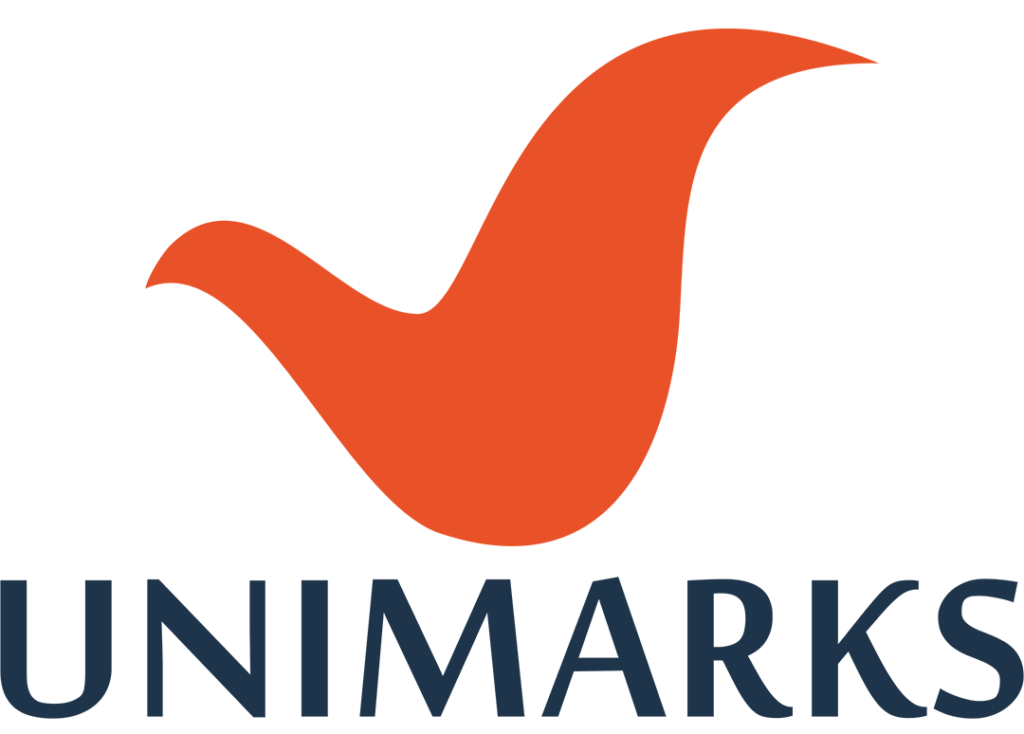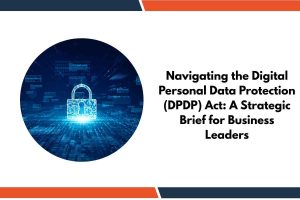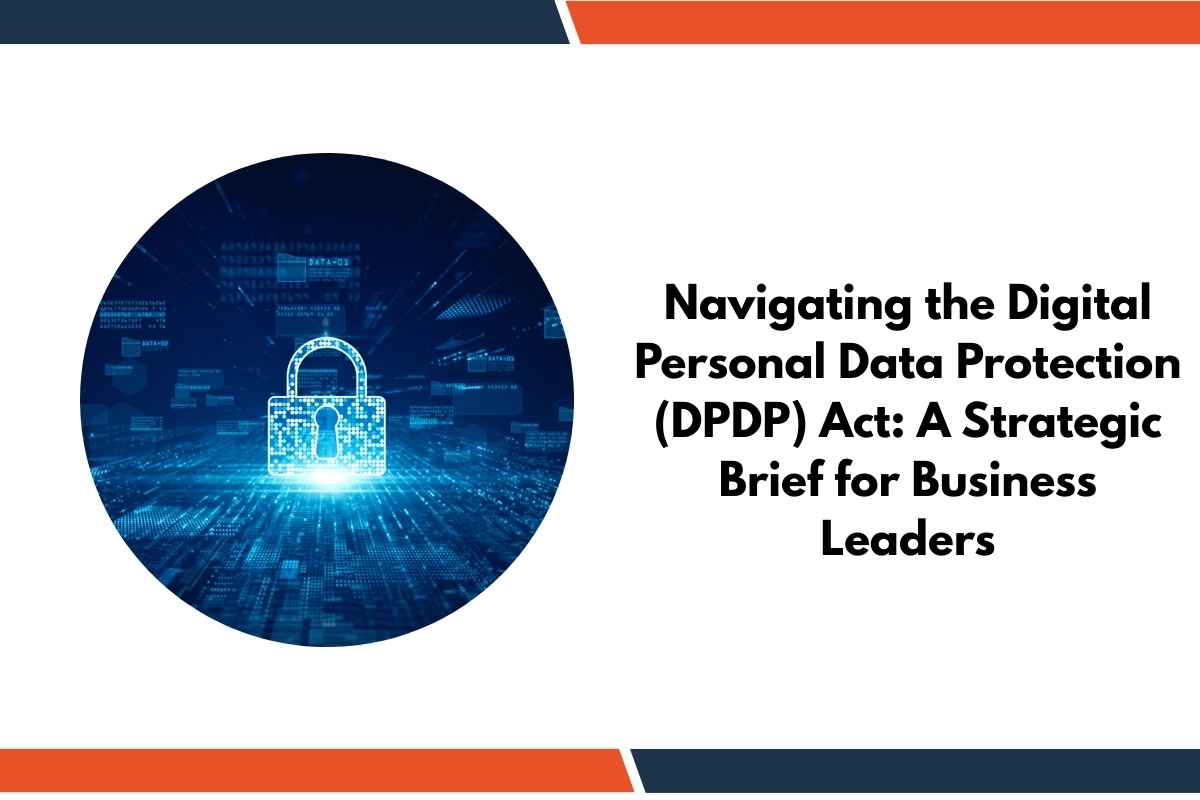If the Trademark Registry failed to let you be heard because of scheduling glitches, technical issues, or oversight any refusal risks being set aside for violating natural justice. The Delhi High Court’s decision in Impresario Entertainment & Hospitality Pvt. Ltd. v. Registrar of Trade Marks is a crisp reminder: timely objections, documented follow-ups, and proof of coexistence or pending cancellation can keep your application alive.
Also Read: Rectification & Counterclaims: Procedural Innovations in Madras High Court IP Cases
Case at a Glance (Business-Friendly Summary)
- Court & Date: Delhi High Court, 7 August 2025.
- Issue: Refusal of a Class 16 trademark application under Section 11(1) due to a prior mark; applicant said it wasn’t allowed into the virtual hearing and that crucial documents (including a coexistence memorandum) weren’t considered.
- Holding: Refusal set aside for denial of effective hearing and failure to consider material on record; matter remanded for a fresh hearing within six months.
- Why it matters: “Audi alteram partem” (hear the other side) isn’t a formality if you ask for a fair hearing and support it with timely, traceable communication, the court will insist the Registry meaningfully hears you before rejecting.
Also Read : Trademark Opposition Notice: Burden of Proof of Delivery- Madras High Court Landmark Judgement
Timeline of Events in This Case
- 2009: Impresario secures Class 43 for the trademark registration related to restaurant services).
- 5 Sept 2022: Applies for the Class 16 mark (Subject Application No. 5596291).
- 5 June 2023: Examination Report objects under Section 11(1) citing prior mark No. 1037212 in Class 16 (Impresario Event Marketing Co. Pvt. Ltd.). Applicant files a formal response on 19 Oct 2023.
- 11 July 2024: Registry schedules a virtual hearing for 11 Sept 2024.
- 10 Sept 2024: Applicant files an Authorization Letter enclosing brand use evidence, registrations across classes, and a Joint Memorandum of Compromise (30 Apr 2024) with the cited proprietor signalling coexistence and a pending cancellation (Madras HC: (T)OP(TM)/25/2023).
- 11 Sept 2024: Applicant attempts to join the virtual hearing (10:30 am–1:30 pm) but cannot enter; promptly emails the Registry seeking a new date and asking that no adverse order be passed.
- 17 Sept 2024: Refusal issued under Section 11(1), without discussing the Authorization Letter or coexistence memorandum.
- 7 Aug 2025: Delhi High Court sets aside the refusal for violation of natural justice and directs a hearing and a fresh decision within six months; sends the order to the Controller General for compliance.
Also Read : Challenging a Favourable Trademark Opposition Order: A Lesson in Strategic Trademark Litigation
Why “Hearing Rights” Are a Business-Critical Safeguard
Natural justice applies to trademark registration. When you flag that you couldn’t access a scheduled hearing (e.g., virtual link failure) and you immediately document it, the Registry must address the grievance before deciding. The Court underscored that denying effective participation especially in first-time hearings vitiates the order.
All material must be considered. The applicant had placed coexistence terms and evidence of broader brand use on record. The impugned order neither engaged with those documents nor the pending cancellation another reason the Court intervened.
Legitimate expectation matters. When the Registry schedules a hearing and receives your documents and emails, you can legitimately expect a fair, reasoned consideration. Administrative convenience cannot trump a meaningful hearing.
Also Read : E-Infringement Exposed: The Landmark Amazon vs. Beverly Hills Polo Club Ruling and Its Broader Impact
Practical Playbook to Keep Momentum Through Trial & Registry Proceedings
Here’s a unified playbook applicable to registration disputes and court litigation:
1) Pre-Hearing Dossier (Registry or Court)
- Map the conflict: Objection basis (Section 11(1)), cited marks, and your priority/use evidence.
- Documents to preload:
- Prior registrations, sales/use evidence, and coexistence/covenants if any.
- Pleadings in cancellation/rectification already filed (e.g., pending in High Court).
- Clear Authorization Letter enumerating everything you rely upon.
2) Hearing Access & Escalation Protocol (Virtual First Aid)
- Technical readiness: Test links, backups, and alternate devices.
- If locked out: Email immediately (to the notified official addresses), request no adverse orders, and ask for rescheduling attach screenshots/logs. (Exactly what saved the day here.)
3) Managing Undertakings (Litigation Context)
- Clarity: Undertakings (e.g., not to use a mark variant) should be time-bound, verifiable, and linked to reports.
- Monitoring: Create a tracking sheet: SKU lists, domains/social handles, packaging recalls, distributor notices.
- Breach response: Pre-agree calibration: first variance = cure period; repeat variance = Receiver/LC visit or contempt motion.
4) Receiver/Local Commissioner Reports (If Appointed)
- Scope: Ensure the execution memo is specific (addresses, stock counts, device imaging if needed).
- Follow-through: Convert reports into compliance tasks withdrawals from shelves, online takedowns, and accounting of profits.
- Evidence loop: File affidavits of compliance and annexures (photos, invoices, takedown emails).
5) Compliance to Sustain Interim Relief
- Internal audits: Weekly checks on packaging, listings, and ads.
- External signals: Notify marketplaces and distributors; keep timestamped trails.
- Court updates: Short status notes and Receiver follow-ups prevent slippage between hearings.
Playbook for Preparing for Appeal Against Trademark Refusal
A. Handling a Section 11(1) Objection
- Objection Raised → Build Dossier (registrations, use, coexistence)
→ File Response + Authorization Letter
→ Hearing Notice Issued → Tech Check (backup links)
→ Attend Hearing (or document access failure immediately)
→ Post-Hearing Email Log → Reasoned Order
→ If refusal sans hearing/material consideration → High Court appeal
B. Checklist (Copy-Paste for Your Team)
- Authorization letter lists all relied materials
- Coexistence/cancellation documents filed
- Hearing links tested; backup device ready
- If blocked: same-day email to official addresses with proof
- After order: verify every document has been considered
C. Comparison Table
| Scenario | What the Registry/Court Must Do | Business Outcome |
|---|---|---|
| Hearing held; documents considered | Reasoned order engaging with your evidence | Clear path: registration or appeal on merits |
| No effective hearing; documents ignored | Order risks being set aside for violating natural justice | Fresh hearing mandated; momentum restored |
(Outcome illustrated by the Impresario order.)
What This Means for Founders & In-House Teams
- Don’t treat Trademark Registry hearings as “lightweight.” The same procedural safeguards that protect you in court apply at the Registry.
- Coexistence pacts and pending cancellations matter. Put them on record early; if they’re ignored, you have strong appellate grounds.
- Document everything. Your emails, timestamps, and annexures turn a tech snag into a due-process issue the courts will correct.
Source & Citation
Primary source: Impresario Entertainment & Hospitality Pvt. Ltd. v. Registrar of Trade Marks, C.A.(COMM.IPD-TM) 89/2024, Delhi High Court, decision dated 7 Aug 2025 (order setting aside refusal and remanding for hearing; six-month timeline; copy to the Controller General).
About the Author
Suresh Kumar, Advocate, is the Managing Attorney at Unimarks Legal Solutions, Chennai. Practising since 2008, he focuses on trademark infringement and passing off, appeals from the Registrar, rectification, and online/platform enforcement before the Madras High Court (IPD), Commercial Courts, and District Courts across Tamil Nadu. He frequently speaks on IP law at industrial forums and universities, and is associated with SICCI, CII, and the Tamil Nadu Chamber of Commerce.
This article is general information, not legal advice, and does not create an attorney–client relationship. Examples are illustrative; outcomes depend on facts and jurisdiction. If you face a Trademark Case or need Trademark Legal Advice/Assistance, consult a qualified Trademark Legal Advisor with your documents.
Need a second look on a refusal or hearing glitch? If you’re dealing with a Section 11 objection, a missed virtual hearing, or want to structure coexistence and compliance correctly, reach out with your application number and correspondence bundle. We’ll map your next steps and timelines before momentum is lost.





